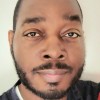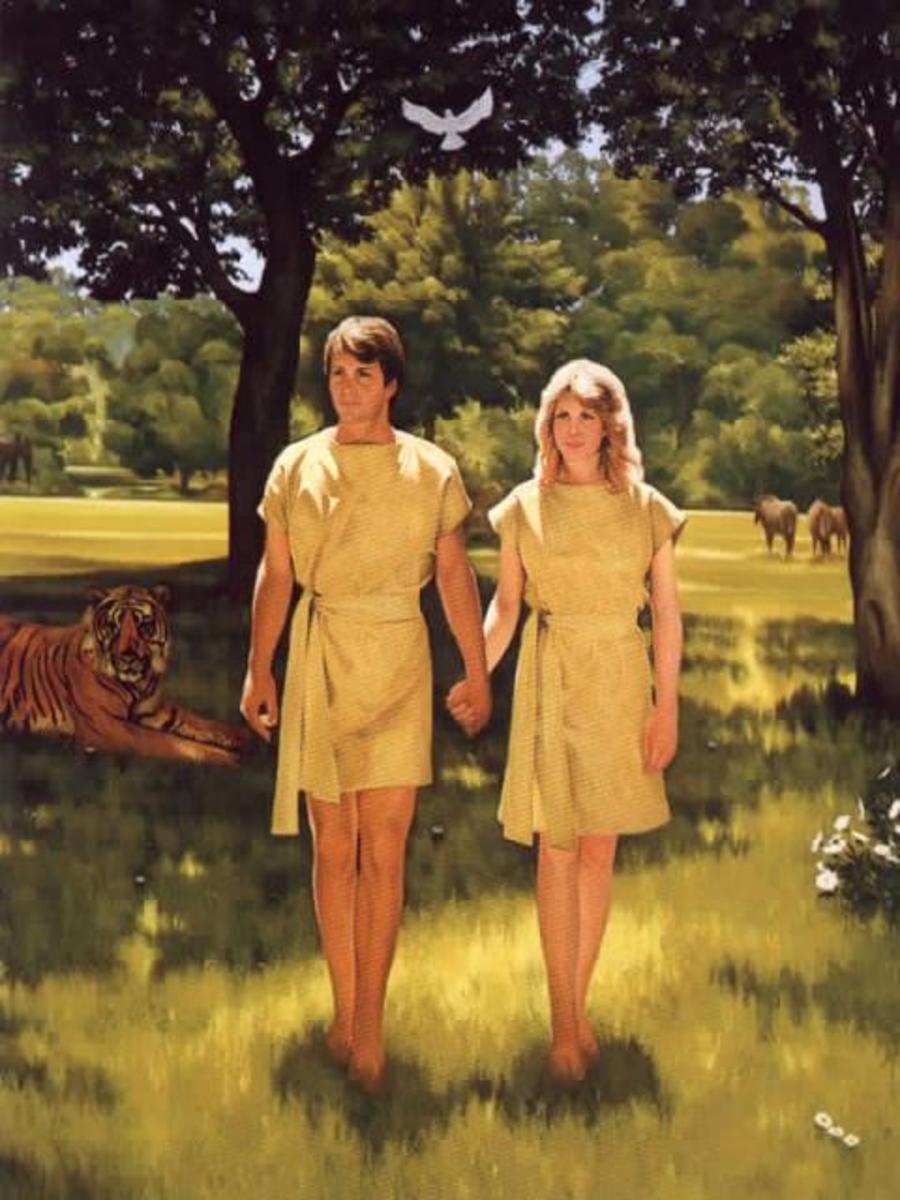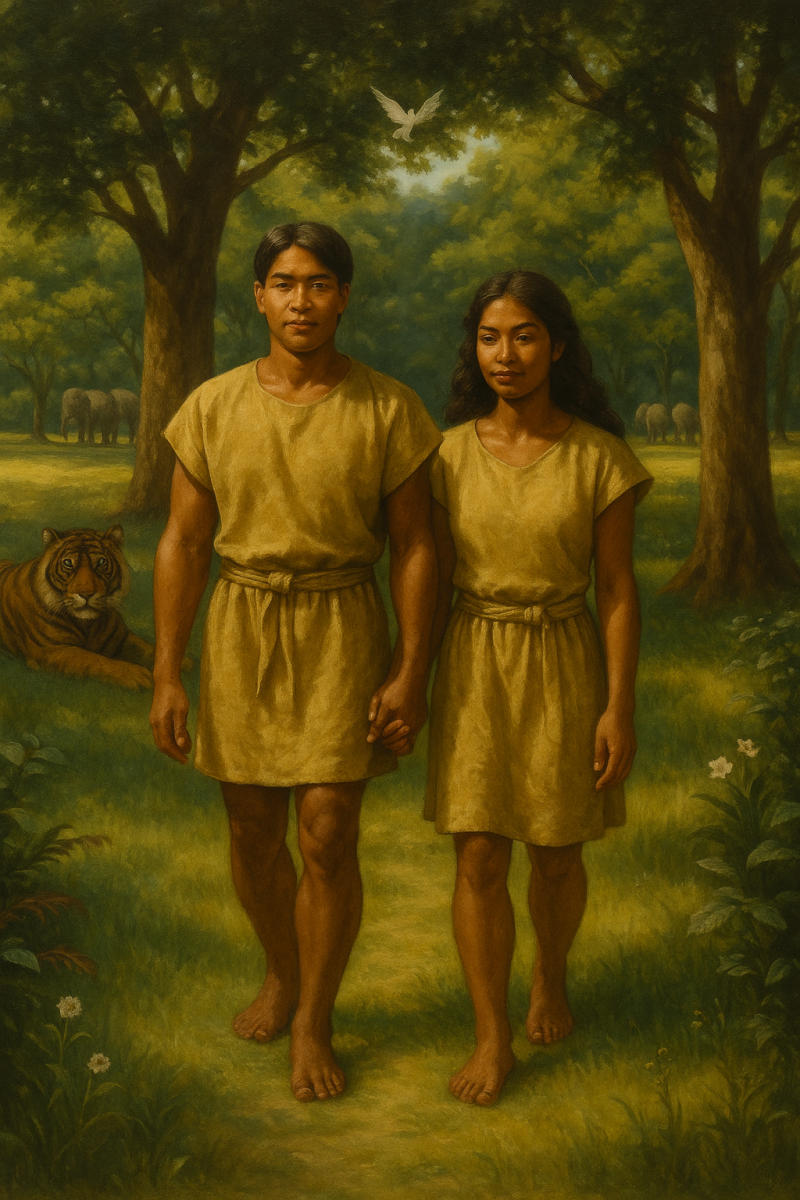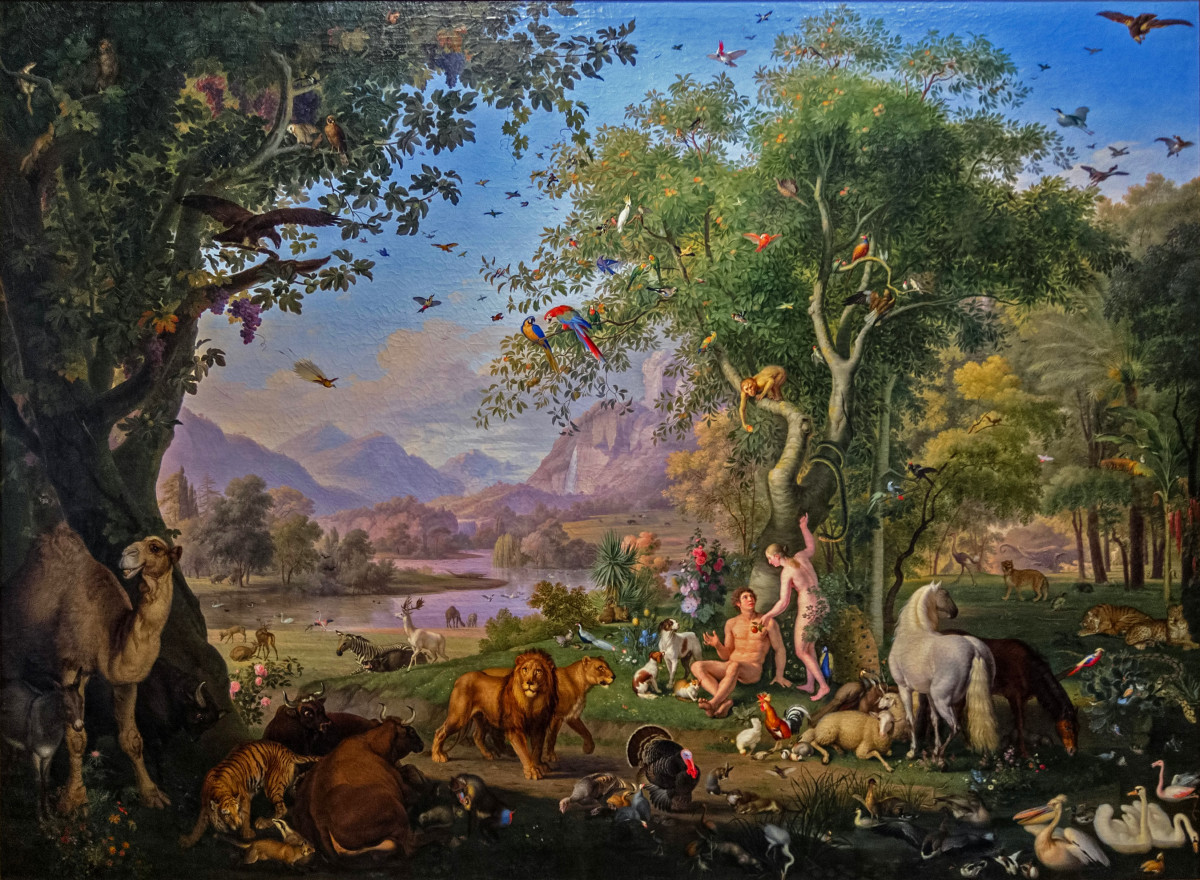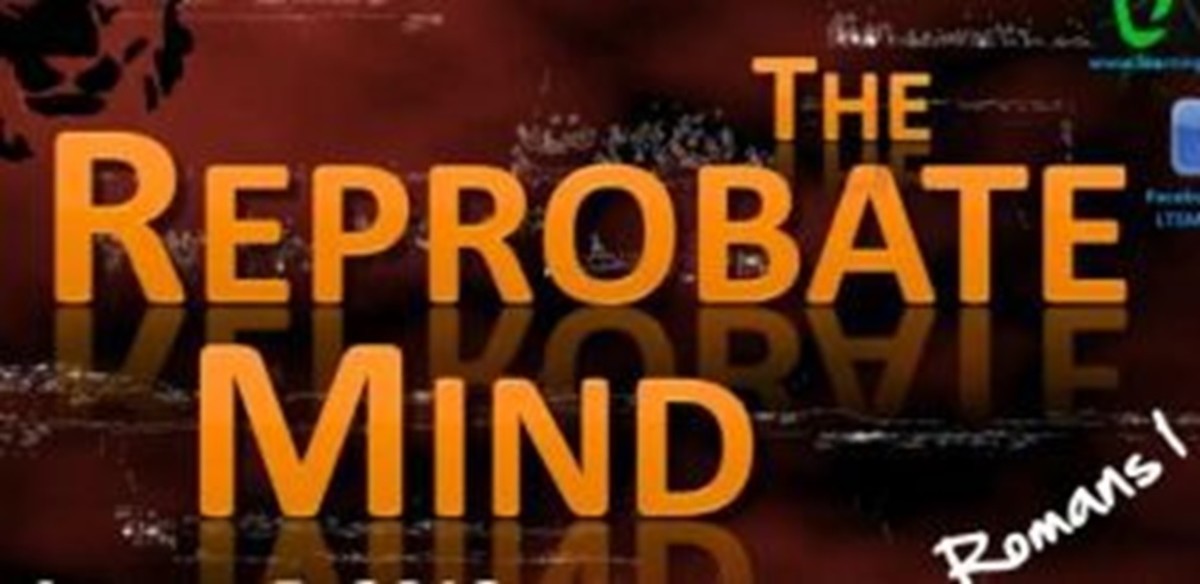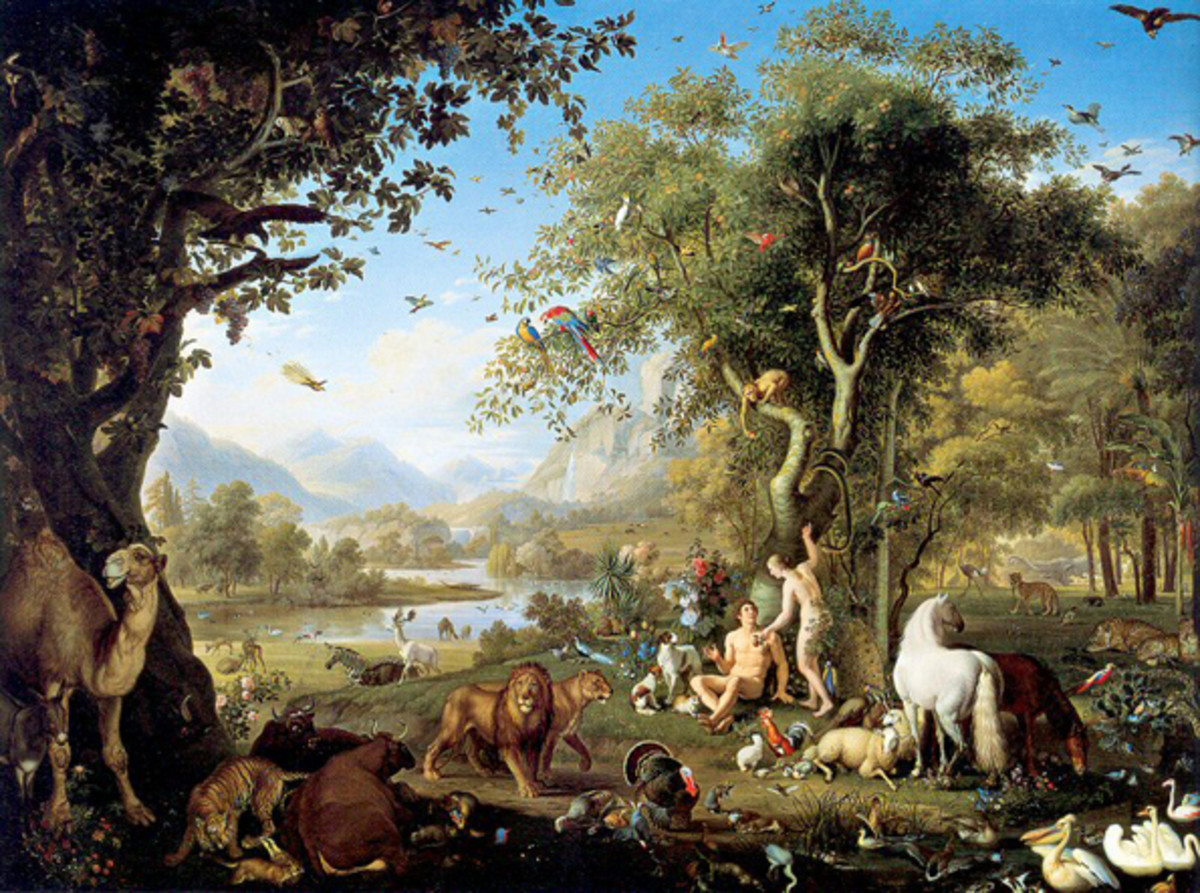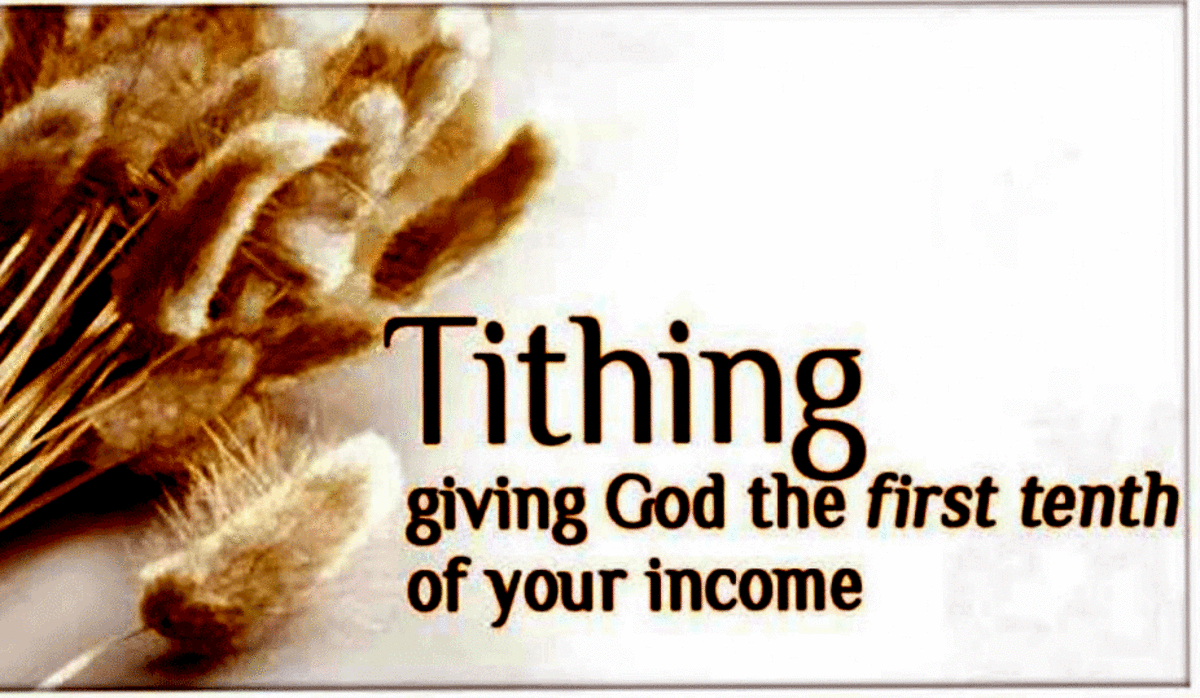Adam and Eve: On Death Row—The Mortal Curse of Disease, Decay, and Divine Justice (Episode Eight)
Why We All Die: The Death Sentence Humanity Inherited from Eden
Knowing that death is inevitable can either spark motivation or trigger despair. For many, the idea of dying isn’t terrifying—so long as it’s expected around the age of 90. Thanks to Adam and Eve, by the time most people reach old age, the body is so worn down that death feels like a welcome rest. When the long slumber comes, it’s acceptable.
Yet life doesn’t always end that way. Many leave mortality at their physical peak—athletes, soldiers, young adults in their prime. When death arrives early, it’s met with sorrow and fear. The greatest horror comes with the loss of infants, toddlers, or children—those who never had a chance to mature. The younger the deceased, the more humanity grieves, asking how a loving God or orderly universe could allow such tragedy. But in old age, we bless death as a peaceful return.
All of humanity walks a path toward death. For some, it brings dread; others ignore it until it strikes someone they love. Some even welcome it, rushing to meet it. No matter the approach—fear, denial, or acceptance—everyone will face it.
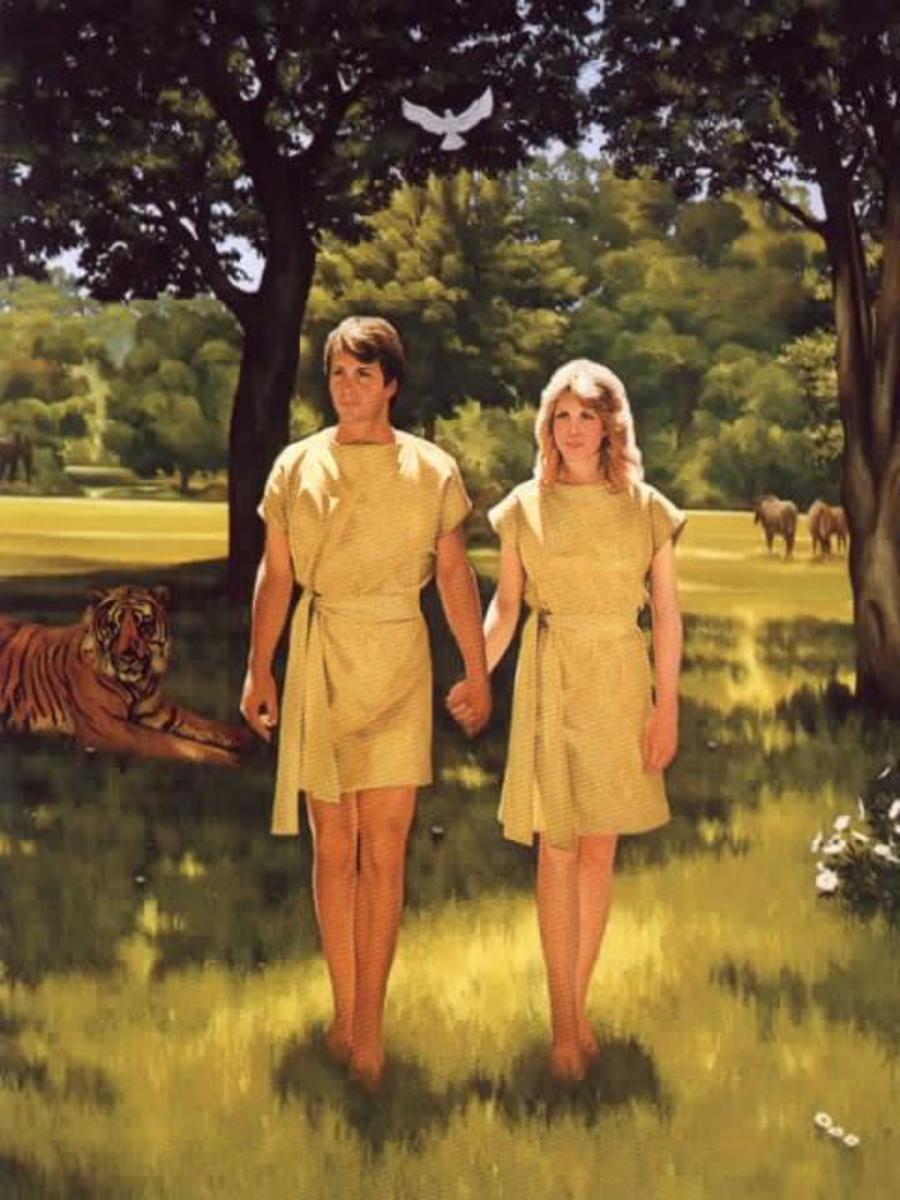
Death entered the world through Adam and Eve’s decision to give life to humanity. It now comes by the natural breakdown of the elements that make up the body, as well as through disease, accident, and violence—including murder and war.
This article explores "Death Row" in mortality, dividing it into key stages along the path by which death can occur:
-
Natural Causes
-
Disease
-
Accident
-
Murder
-
War
Creation never stopped occurring in nature. The Fall of Adam and Eve made it a recycling system that creates life and ends life in an imperfectly but absolute cycle of life that is rightly attributed to Mother Nature.
Why Natural Causes Are Part of God's Plan: The Inevitable End of Mortal Life
When the elements of the body no longer function to sustain life—when the heart gives out, the lungs collapse, or vital systems shut down—that is called natural death. Nothing external triggers the failure. The body simply expires, worn by time and divine decree.
One of the curses of mortal life is that every element obeys God’s law: to operate within a set parameter for a set time. Because Adam and Eve chose mortality, every creation under their stewardship—from soil to ozone—now bears an expiration date. Every element is subject to decline.
Yet, nature does not cease to renew. Through the Fall, mortality became a vivid and sacred cycle of transformation—where the physical elements of once-living things return to the earth, not to live again as the same life, but to nourish new forms of creation. These elements will one day be reclaimed and perfected through the power of Jesus Christ’s Resurrection—not as recycled spirits, but as sanctified bodies, restored in glory by the Redeemer of all creation.
The body will shut down of its own accord, regardless of human effort. No scientific breakthrough can halt the divine decree given in Eden: “thou shalt surely die.” Despite advances in medicine and technology, immortality in fallen flesh is unattainable.
The flaw in humanity is not our existence—but our imperfection. In a perfect universe, imperfection cannot endure. Sin, being the highest form of imperfection, invites separation from perfection, or death. The universe naturally seeks to purge it.
Yet mankind is also divine, and cannot cease to exist. Because of God’s plan, the cycle of life ends in death, but life returns again in perfected form. Not perfection in competition, but in completion. In fulfillment. In resurrection.
Breaking all Illusions - Cancer, Courage, and Creation: A Mortal Battle in a Fallen World
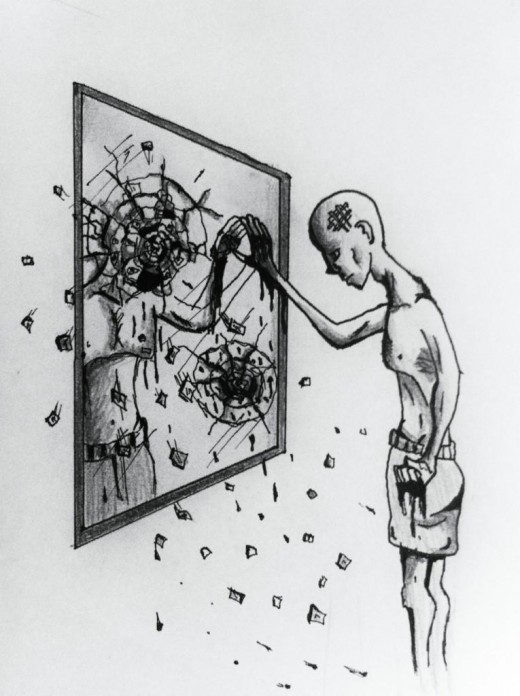
The people around the person with this type of sickness can only pray, stand there, and be as helpful as they can, but in the end, this battle is won by will and by the endurance of the human body to take pain.
— egorequiemMortality means that sometimes the human body does not form or function perfectly. Genetic abnormalities, deformities, and susceptibility to disease are all possible in a world that now operates under temporal laws. Mortal life comes with fragility—but also divine potential.
Why Disease Exists: Understanding Sickness Through the Fall of Adam and Eve
Foreign elements sometimes invade the human body with the power to weaken or destroy it. Diseases are among those elements—natural forces in a mortal world that participate in the cycle of life and decay. It is not that God created disease to punish His children, but that in a fallen, imperfect world, such forces exist as part of the mortal condition.
Disease is not evidence of God’s anger, but a condition of mortality—one that became possible only after Adam and Eve chose to enter a fallen world. This does not mean that those who suffer from illness are under divine wrath. All people—from infants to the elderly—face disease. That reality reflects the mortal state, not divine disfavor.
The universe, being part of a perfect creation governed by divine law, operates to restore order. God established its bounds to allow His children a time and place to grow, learn, and overcome imperfection—ultimately to become joint-heirs with Jesus Christ in eternal glory.
The elements that cause disease exist independent of human worthiness. They are part of a world that includes viruses, bacteria, and environmental conditions that would not afflict immortal beings. In a glorified, resurrected state, these conditions will no longer apply.
Mortality means that sometimes the human body does not form or function perfectly. Genetic abnormalities, deformities, and susceptibility to disease are all possible in a world that now operates under temporal laws. Mortal life comes with fragility—but also divine potential.
Because humanity chose to enter a fallen world, the very life forms and elements God entrusted to Adam and Eve can now act contrary to human thriving. That is not a curse but a condition—a byproduct of the agency God allowed to bring about eternal progress.
Yet God, in His mercy, has inspired humankind with the ability to study, discover, and develop remedies. Science, when pursued in righteousness, becomes a tool of healing and understanding. Human intelligence—being divine in origin—is limited only by the faith, humility, and diligence of those who seek knowledge.
To emphasize key truths:
-
Disease has always existed as part of Earth’s biological systems—not to punish humanity, but to sustain the biosphere in a mortal world.
-
Disease only harms us while we are mortal; it will have no power over resurrected, perfected bodies.
-
Suffering from disease is not a sign of sinfulness but a shared condition of life in a fallen world.

When You’re Gone: The Quiet Impact of Peaceful Death
A Pause in the Descent: Natural Death and What Follows
Natural death and disease are not punishments—they are part of the mortal structure humanity inherited when Adam and Eve chose to bring life into a fallen world. But death by decay is only one chapter in the story.
What of death by accident, by violence, by the hand of another? These are not only harder to accept—they raise deeper questions about agency, injustice, and divine timing.
The rest of this journey will confront those questions, not to provoke doubt, but to show how even the darkest endings can be swept up in the light of Christ's eternal plan.
Next and Previous Articles in the Adam and Eve Series
- Adam and Eve: On Death Row—Death Became Man's Companion Through Accident and Violence (Episode Nine)
Accidental death and murder are not easy to accept. Yet these painful conditions were introduced through the Fall of the first humans. Though unpleasant to experience, they serve a divine purpose in God’s plan for mortality, a plan that ultimately le - Adam and Eve: Banished from Eden, Bound for Glory (Episode Seven)
Banished but not forsaken—Adam and Eve walked away from Eden with hope in the plan of salvation. This was no fall from grace, but the first King and Queen’s exodus from heaven on Earth.
This content is accurate and true to the best of the author’s knowledge and is not meant to substitute for formal and individualized advice from a qualified professional.
© 2018 Rodric Anthony Johnson
